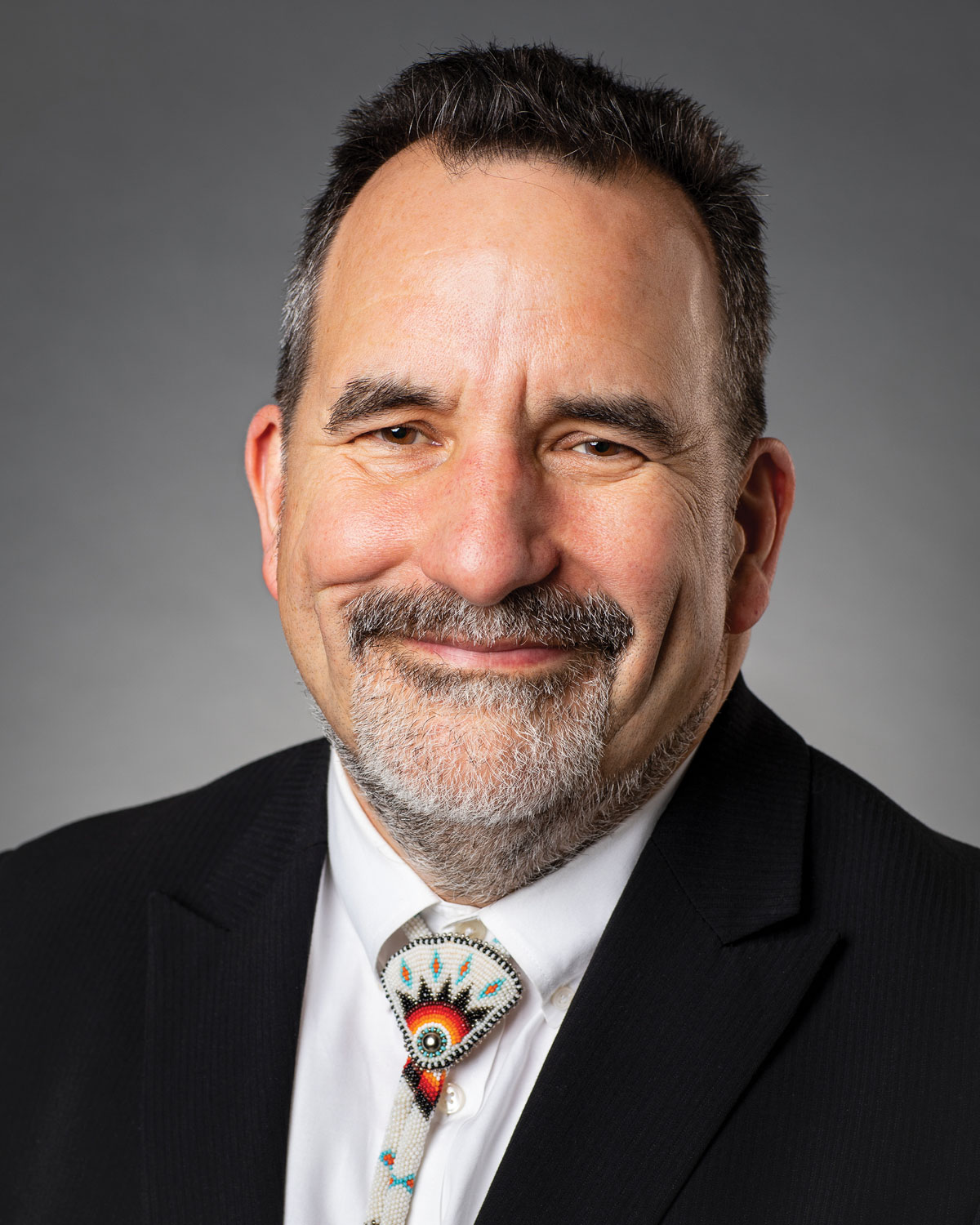UW’s new regent, Leonard Forsman, ’87, looks ahead
Leonard Forsman, '87, is the UW's new regent. He tells Viewpoint his goals and priorities for his six-year term.

Forsman is chairman of the Suquamish Tribe and president of the Affiliated Tribes of the Northwest Indians. As a student, he majored in anthropology and worked as an intern at the Suquamish Tribal Archives in a partnership with the Burke Museum.
As the first Native American member of the UW Board of Regents, Leonard Forsman comes with a long to-do list to make life on campus more welcoming to American Indian students and those from underrepresented communities.
“Indian students come in and have to be introduced to the campus as kind of outsiders,” Forsman says. “We want to make it so that the University is learning from the Indian students and faculty as well, so that we cannot only get an education, but provide an education to the to the institution,” Forsman says. “I can’t do that by myself. But there’s great students and people on faculty who are ready and willing and trying to bring that forward.”
The chairman of the Suquamish Tribe and president of The Affiliated Tribes of Northwest Indians sat down recently with Viewpoint to discuss the priorities he’ll tackle during the early stages of his six-year term:
When your appointment was announced, you said recruitment and retention of Native faculty and students was a priority. How do you accomplish that?
There are different ways. One starts with the faculty, the programs and investing in the curriculum—essentially the classes that are important to them to have on campus because American Indians will seek out those programs. Even though they may be in another major, they’ll seek out those experiences with fellow students. That’s one of the reasons why we push so hard for the Intellectual House to have a place to nurture that, and that’s why phase two [of — Intellectual House] is super important.
My experience when I got there was the Educational Opportunity Program was solid and they had a different ethnic cultural counseling center. So there was counseling available for all different types of groups—American Indians, Asian Americans, economically disadvantaged Americans—and that went away. It got consolidated essentially, so we lost some of our identity there, and that was kind of a blow to us.
You’ve said you’d like to see Native American faculty and students develop curriculum and research in certain areas of interest. What do you envision there?
I think that we’re talking about research into salmon recovery, climate change, better health outcomes, development of curriculum for public schools and training school teachers on history and culture of tribes. These aren’t being ignored, but they need to be emphasized and amplified in a way that makes it more relevant and accessible to tribes.
Many of the topics you mentioned aren’t tribal or local issues, they’re global.
Oh, yeah, they are, and I think that one of the places that it comes into play for us is salmon recovery and ocean acidification. On salmon recovery, we’ve got challenges with habitat, restoration and preservation. So not only restoring, but also preserving what we do have has created a dynamic of diverging priorities with ag, timber, urban development and the fish and habitat. All these things are coming together, so we need to have more engagement with University help identifying potential solutions to these challenges.